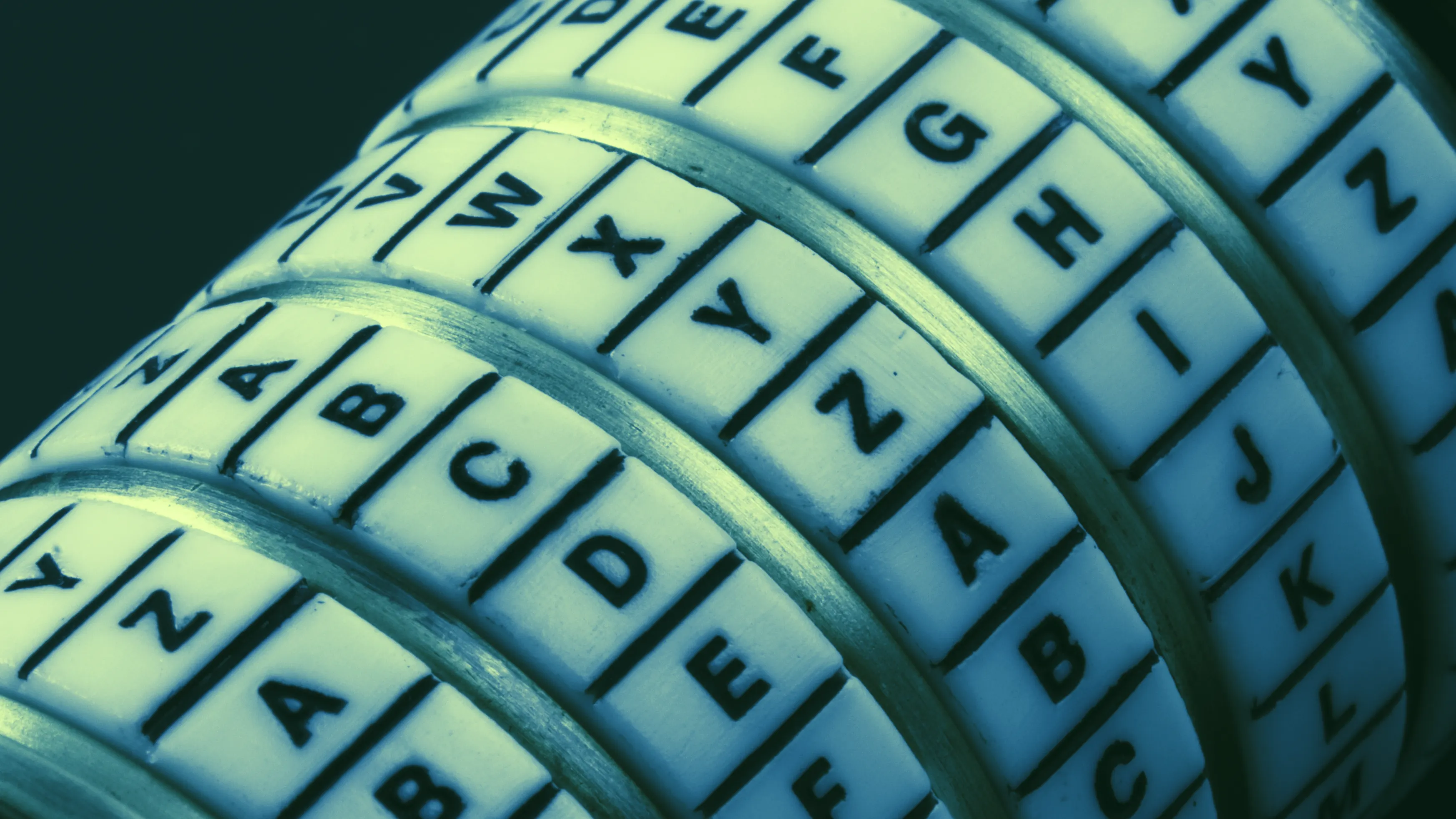We do the research, you get the alpha!
Mark Nadal, a self-described “political activist fighting against surveillance capitalism,” today unveiled Private Party, a disarmingly simple protocol that evades the data capture used by tech giants.
Nadal’s Private Party, is a browser extension that works on any website and makes messaging data private—not totally private, mind you, but it does mean that Facebook, Google, Reddit, et al, will have to work much harder to get at it.
It does this by offering encryption at the touch of a (software) button. Once encrypted, messages can only be read by the people you’ve whitelisted. (Yes, the encryption isn’t exactly militarized, but it’s good enough so that Facebook et al won’t want to waste the computational resources to crack your private messages.)
It’s like an honest to god Secret Decoder Ring for social media. And Private Party already has one notable fan, Silicon Valley VC Tim Draper, who tweeted today: “This is going to be awesome. A fundamental technological breakthrough.” Draper is among the angel investors backing Nadal’s company, ERA, an “Uber for telecom,” which is in the business of building secure protocols for a decentralized internet.
Nadal has been quietly working on Private Party for the past six months. “What we're trying to do is disincentive Facebook from mining people's data,” he told Decrypt. “Hopefully they'll give up and go home, and we can all have fun again without them."
The protocol works by encrypting posts and messages so that only those intended to see the posts can access them, on virtually any web site.
There are two modes: “Encrypt,” which you use to send data to a single person, in total privacy, and “Broadcast,” which is how you’d communicate with a group of people, who also use the app, and are approved by you.
One-to-one message encryption is nothing new, but it’s been limited to intra-platform communications until now. This appears to be the first protocol that encrypts messages and posts across any social media platform.
It does so via what Nadal describes as a “Bitcoin-like Proof-of-Work key derivation to melt bad guys.” While we wish this were literally true, he explained that it means the tech giants would need to work unreasonably hard to get at the data, making it so computationally intensive that it’s no longer profitable.
Nadal claims that since Facebook processes 10K+ posts per second, it would take it over an hour to decrypt each second of Private Party data. But for those you choose to share your data with, it’s accessible in seconds.
Private Party is currently in experimental phase, and Nadal is encouraging people to, “use it for fun! Inside jokes!” He promises further innovation in the shape of “a suite of tools that make it easier for artists and musicians to share experiences with fans.”
We tested the protocol by forcing Decrypt’s vile mascot, Ben Munster, to download it, which he did surprisingly fast. (Nadal and team are still ironing out some technical details, so you have unzip the file, go into extensions and toggle the develop button. But the instructions were simple enough that even Munster could follow along.)
You can then message away on any website. The extension asks whether you want the message you post to be encrypted. Of course the people you’re sending to will need to have downloaded the extension too, and on your whitelist.
“At first it made my computer really slow, and I thought it was going to encrypt all my data and ransom it all off to North Korean hackers,” said Munster, whose computer was likely laboring under the sheer amount of Spankchain “videos” he’s saved. “It was a welcome surprise when it didn't do that. Better yet, it works!”
So now that we have push-button easy encryption, it’ll be interesting to see if anyone bothers to use it. We’re going to guess… no. Privacy is one genie that will be hard to coax back into the bottle.





